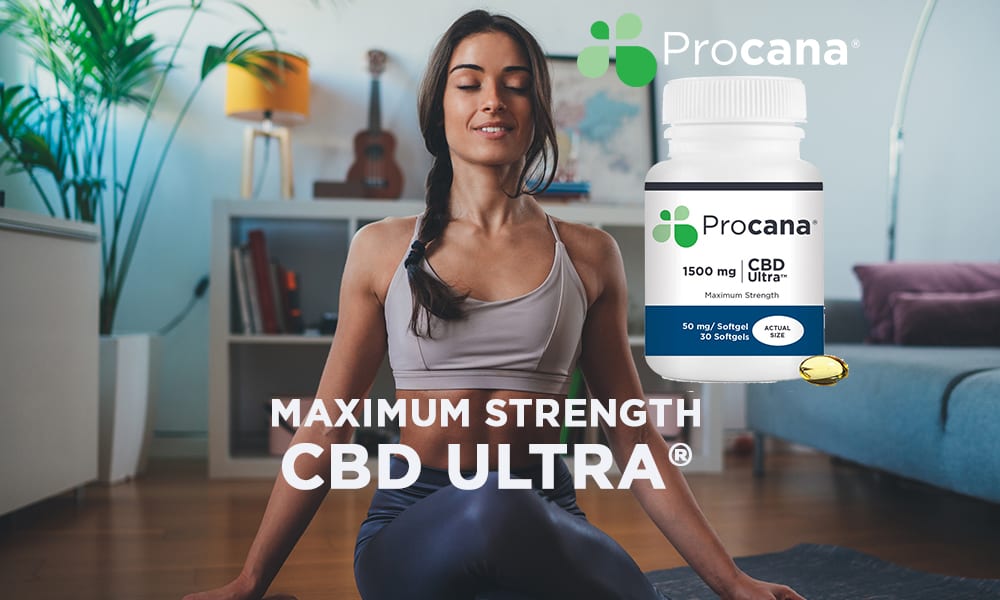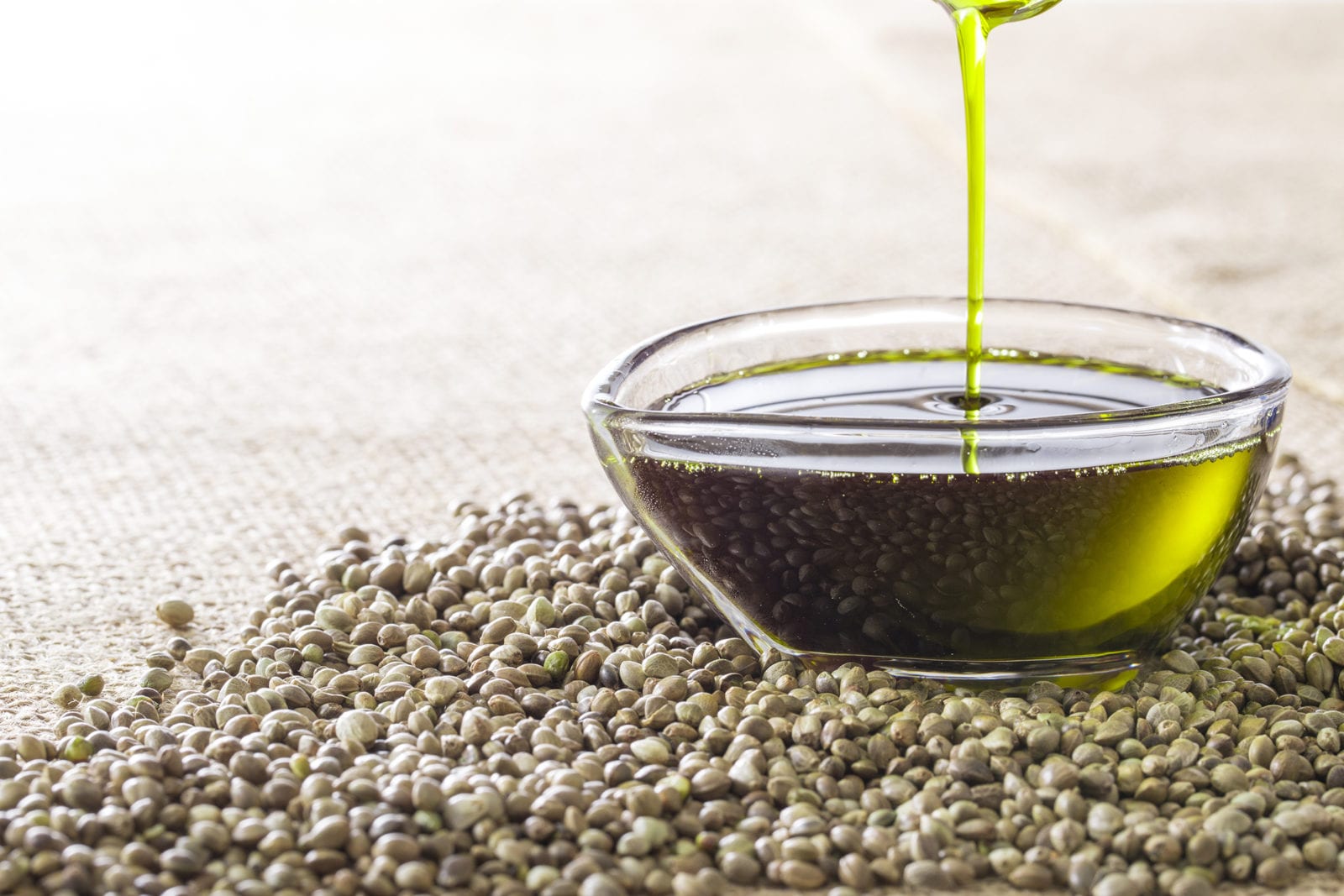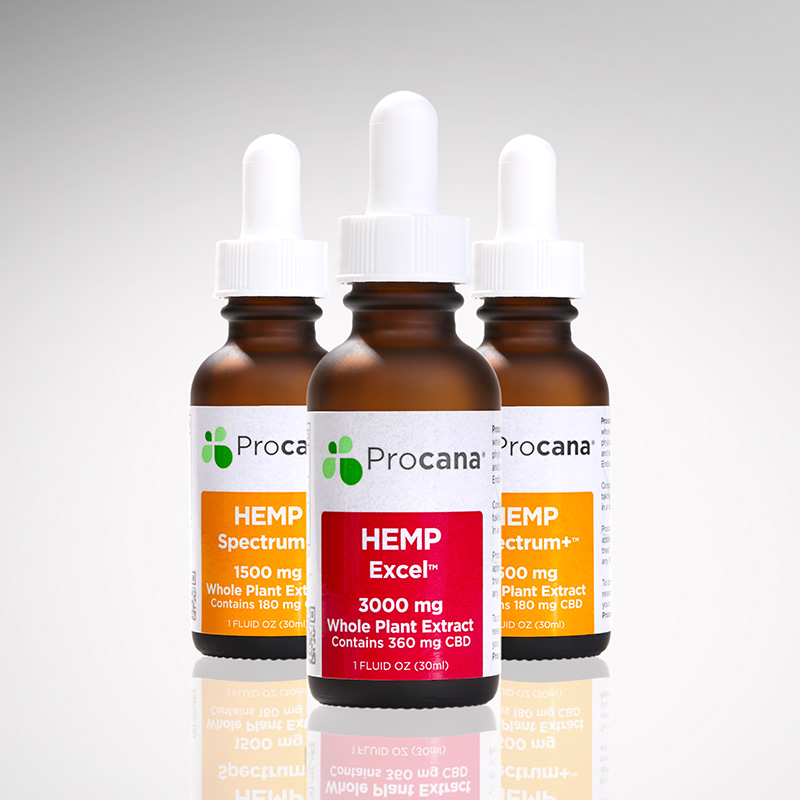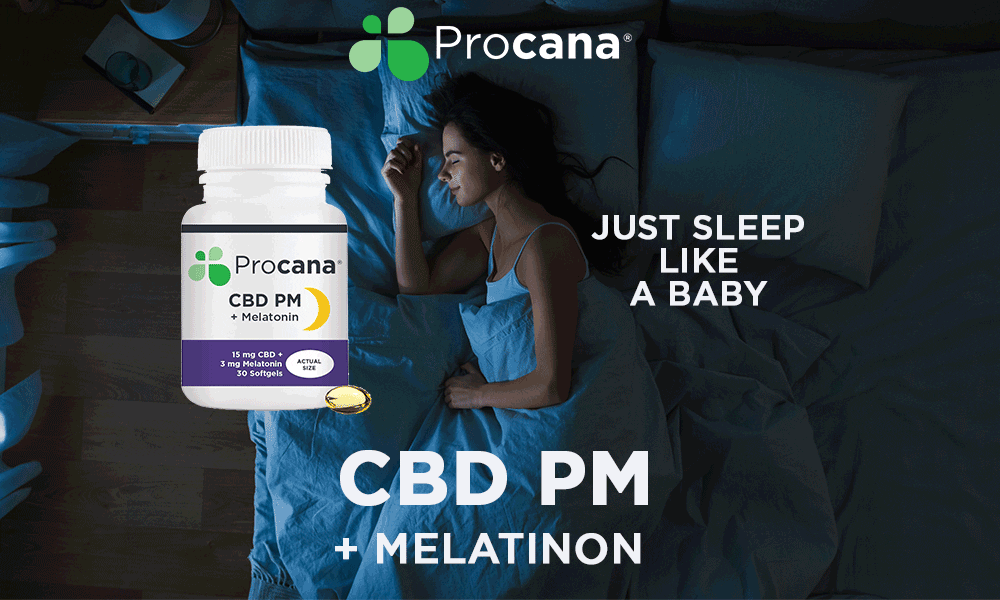You may hear about the benefits of chia seeds, basil seeds, and flax seeds, but some other seeds are also gaining popularity, and hemp seeds are one of them. You have seen hemp oil bottles on the shelves of different supermarkets, grocery stores, and dispensaries. Similarly, hemp seeds are also making their way to the health regime of many people. From vegan to Keto diets, those looking for a healthy source of fat and protein are leaning on this natural solution, as hemp seeds are a great option for them.
With the passing of the Farm Bill 2018, consumption and cultivation of hemp became Federally legal in the U.S. Nowadays, a large number of people consume hemp seed and hemp products. If you are also thinking of buying a packet of hemp seeds or want to make them part of your health care regime; this article will tell you the health benefits of hemp seeds and their nutritional value, as well as how much hemp seed you should take.
Nutritional Value of Hemp Seeds
Hemp seeds are also known as hemp hearts due to their high nutritional value. There are more than 3 million edible plants grown on earth; there’s not a single plant source that competes with the nutritional content of hemp seeds. These are one of the few seeds that contain almost all amino acids, essential nutrients, and minerals. There is a complete source of vegan protein.
These seeds also contain both soluble and insoluble fiber. These tiny seeds are simply a powerhouse of energy. They also have omega fatty acids in a good ratio as compared to any other plant seed. These hemp hearts have gamma-linoleic acids which have several benefits.
How Much Hemp Seed Should I Take In a Day?
Most people still think that they can take any quantity of plant seeds as they are natural and don’t have any side effects. This is infact untrue. You have to measure the number of seeds to get enough nutrition.
One to two tablespoons of hemp seed per day is enough to get the maximum nutrition. It provides about four grams of good fat, three to five grams of protein, and five grams of magnesium. Most of the fat content of hemp seeds is omega-3 and omega-6, in great balance. One to two spoons of seeds provide you fifteen percent of your vitamin-A requirement and two percent of your daily iron needs. Excess of anything is bad, so eat these seeds in moderation to avoid any possible side effects. If you consume these seeds in large quantities, then due to fat, you may have diarrhea or nausea. If you are taking any medications such as blood thinners, then hemp seed may increase the risk of bleeding. Moderation is the key to avoiding any possible side effects.
Will Eating Hemp Seeds Get Me High?
THC (Tetrahydrocannabinol) is a chemical compound present in the cannabis plant. It’s known for its head-high effects. Hemp plants also have THC but less than 0.3 percent. There are various hemp plant varieties that are grown only for seeds. Some of them have 0.003 percent THC (Tetrahydrocannabinol). You can’t get high after taking 0.003 percent THC, so eat as much hemp seeds as you need. You’ll never have to worry about failing a drug test or getting high.

Frequently Asked Questions
Q. Do Hemp Seeds Contain THC?
Hemp leaves and flowers do contain traces of THC, but usually, hemp seeds don’t. THC is usually present in flowers, leaves, and stalks of the plant. So you can ingest hemp seed, hemp seed oil, and any other product of hemp seed without being worried about the THC content. You can’t fail a drug test consuming the hemp seed.
Q. Can People With Nut Allergies Take Hemp Seeds?
Nut allergies can put your life at risk, and many people have to face adverse reactions after consuming nuts. Those who are allergic to different nuts shared positive reviews regarding the use of hemp seeds. They don’t report any side effects. If you have nut allergies and want to use hemp seed, take advice from your doctor to be safe.
Q. How to Incorporate Hemp Seeds Into Your Diet?
There are several creative ways to add these small, nutty-tasting seeds to your diet. You can add them to your smoothies, milkshakes, juices, salads, etc. Just one tablespoon of hemp seeds tossed on your favorite meal and reap the benefits. Simplest way of all is to eat a handful of hemp seeds to get four grams of fat, five grams of magnesium, and three to five grams of protein.
Q. How to Store Hemp Seed to Keep Their Nutritional Value Intact?
Improper storage can affect the nutritious value of hemp seed. Once you open a sealed bag, and then place it in a glass and air-tight container. Storing it in the fridge definitely will increase the shelf life. A bag of seeds can last more than a year in the fridge. At room temperature, the shelf life is four to six months. If you are storing hemp seeds at room temperature, then you must sniff them before using them. If they smell rancid, then throw them away without any doubt. Storing the hemp seeds in a cool and dry place will increase their shelf life. Don’t place the hemp seeds near fire or in direct sunlight.
Wrapping up the Things
Undoubtedly hemp seeds are worth adding to your health care regime. They are a complete protein source and also contain many other beneficial nutrients, including essential fatty acids, fiber, vitamins, and minerals. So, you can take one or two spoons of these seeds in different ways. You can add them to a smoothie or sprinkle them on your salad. You can make powder of these seeds for easy consumption. If you’re not into the seed, then you can consume other hemp seed products such as hemp milk hemp powder, and some other interesting hemp seeds-based supplements.




